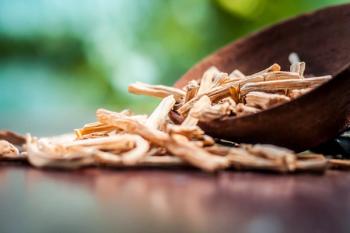
Nektium ensures sustainable supply of Rhodiola rosea extract by establishing cultivation program
This decision was made to reduce reliance on under-pressure wild-grown supplies.
Nektium (Gran Canaria, Spain) has switched a significant proportion of its raw material sourcing to cultivated plants to ensure the long-term sustainability of its Rhodiolife Rhodiola rosea extract. This decision was made to reduce reliance on under-pressure wild-grown supplies.
“As a responsible supplier of botanical ingredients, we are acutely aware of the importance of conservation, and this initiative will help to secure a sustainable and reliable source of Rhodiola rosea roots for years to come,” said Debbie Thoma, marketing manager at Nektium, in a press release. “In addition, cultivation in a controlled setting results in a more predictable and secure long-term raw material supply, which leads to improved price stability, superior safety, and more effective quality control. It also offers greater peace-of-mind around authenticity, which is especially significant in an age of widespread adulteration.”
Rhodiola grows wild in the Altai mountains in south and central Asia at the intersection of Russia, Kazakhstan, Mongolia, and China. The rapidly growing market for adaptogens has increased demand for Rhodiola rosea roots, leading to concerns about over-harvesting.As such, Nektium has worked with its long-standing local partner to establish fields that offer conditions optimal for the controlled growing of Rhodiola rosea. They converted barren land in undeveloped, unpopulated locations, ensuring minimal impact on communities close by. Following a successful trial, initial exploratory fields were extended to provide full-scale sustainable cultivation sufficient to satisfy market demand at an industrial level.
Newsletter
From ingredient science to consumer trends, get the intel you need to stay competitive in the nutrition space—subscribe now to Nutritional Outlook.




